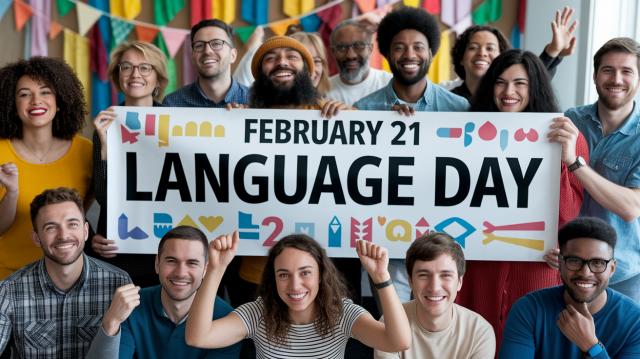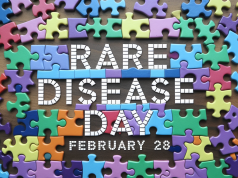Language Day, officially celebrated as International Mother Language Day, is observed annually on February 21. In 2025, this day marks the 25th anniversary of its observance, a milestone that highlights the global commitment to promoting linguistic diversity, multilingual education, and the preservation of endangered languages. Established by UNESCO in 1999, this day honors the sacrifices made during the Bengali Language Movement in 1952 and serves as a platform to advocate for the cultural and educational significance of mother languages.
Why Is It Celebrated?
International Mother Language Day is celebrated to emphasize the importance of linguistic diversity and multilingualism in fostering inclusive societies. It aims to raise awareness about the critical role languages play in preserving cultural heritage, shaping identities, and improving education outcomes. The day also seeks to address the alarming rate at which languages are disappearing globally, with nearly 43% of the world’s 7,000 languages at risk of extinction.
Cultural Significance
The observance reflects the deep connection between language and culture. Languages carry traditions, history, and unique worldviews, making them integral to cultural identity. This day celebrates linguistic diversity by encouraging communities worldwide to honor their native tongues through storytelling, poetry recitals, and cultural performances.
Social Impact
Language Day fosters social cohesion by promoting mutual understanding and respect among diverse linguistic groups. It advocates for equal access to education in native languages, ensuring that no one is left behind. By supporting multilingual education, it strengthens bonds within communities and empowers marginalized groups.
The Importance of It
This day underscores the importance of preserving mother languages as a means of safeguarding cultural heritage and fostering sustainable development. Multilingual education enhances cognitive development, boosts self-esteem, and improves learning outcomes. Moreover, it contributes to building more inclusive societies by respecting linguistic rights.
Educational Value
International Mother Language Day provides an opportunity for schools and organizations to educate people about endangered languages and their significance. Activities such as workshops, discussions, and exhibitions highlight the benefits of multilingualism while encouraging efforts to revive indigenous languages.
Emotional Connection
Mother languages evoke a strong sense of belonging and identity. For many individuals, speaking their native tongue connects them to their roots and cultural heritage. This day fosters pride in one’s linguistic identity while inspiring empathy for others’ cultural expressions.
The Origin of It
The idea for International Mother Language Day originated in Bangladesh to honor those who lost their lives during the Bengali Language Movement on February 21, 1952. Students in Dhaka protested against the imposition of Urdu as the sole state language of Pakistan, advocating for the recognition of Bengali (Bangla). Their sacrifice led UNESCO to proclaim February 21 as International Mother Language Day in 1999.
Historical Events
- 1952: The Bengali Language Movement culminated in protests where several students were martyred.
- 1999: UNESCO proclaimed February 21 as International Mother Language Day.
- 2000: The first official observance took place globally.
- 2025: Marks the silver jubilee celebration of this significant day.
Evolution Over Time
Initially focused on commemorating the Bengali Language Movement, this day has evolved into a global observance advocating for linguistic rights, multilingual education, and cultural preservation. Modern celebrations often incorporate digital tools to promote endangered languages.
How to Celebrate
- Learn About Endangered Languages: Explore resources or attend workshops on preserving indigenous languages.
- Celebrate Your Native Tongue: Speak your mother language with family and friends or teach it to others.
- Host Cultural Events: Organize storytelling sessions or performances showcasing linguistic diversity.
- Advocate for Multilingual Education: Support policies that promote learning in native languages.
- Share Online: Use hashtags like #MotherLanguageDay to spread awareness about linguistic diversity.
Conclusion
Language Day is a celebration of humanity’s rich linguistic heritage and a call to action for its preservation. By honoring our mother tongues, we strengthen cultural identities, foster inclusivity, and contribute to building a more equitable world. Let us take this opportunity to reflect on the languages that shape our lives and commit to safeguarding them for future generations.











